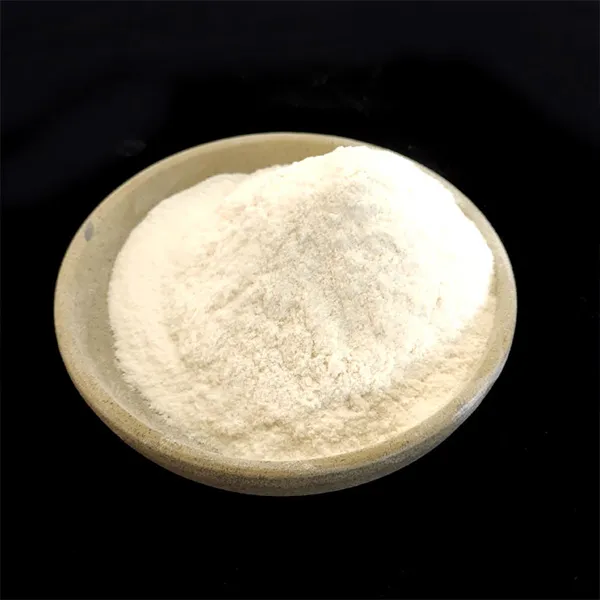Cellulose The Ubiquitous Biopolymer
Cellulose is a complex carbohydrate or polysaccharide that is prevalent in the cell walls of plants, making it one of the most abundant organic compounds on Earth. Composed of linear chains of glucose units linked by β-1,4-glycosidic bonds, cellulose provides structural integrity to plants, allowing them to maintain their shape and resist deformation under various environmental conditions. This remarkable biopolymer plays a crucial role not only in nature but also in numerous industrial applications.
Cellulose The Ubiquitous Biopolymer
In nature, cellulose is a key component of dietary fiber, which is indispensable for human health. It is not digestible by humans, but it aids in digestion by promoting regular bowel movements and supporting a healthy gut environment. The presence of cellulose in fruits, vegetables, and whole grains makes these foods an essential part of a balanced diet, helping to prevent obesity, diabetes, and heart diseases.
celulosa

The industrial applications of cellulose are diverse and expansive. It is a vital ingredient in the production of paper and cardboard, where it is derived from wood pulp. The unique properties of cellulose make it an ideal material for this purpose, as it provides strength and durability to paper products. Additionally, cellulose is used in the production of textiles, such as cotton, viscose, and Lyocell. These fibers are valued for their breathability, softness, and biodegradability.
Cellulose is also making waves in the realm of sustainability. As the world grapples with the challenges of climate change and plastic pollution, cellulose offers an eco-friendly alternative. Biodegradable and derived from renewable resources, cellulose-based materials are being explored as substitutes for plastic in packaging, film, and other common products. Innovations in cellulose technology, such as nanocellulose, have resulted in lightweight, strong, and sustainable materials with potential applications in various industries, from automotive to electronics.
Furthermore, research is ongoing to harness cellulose for biofuel production. By breaking down cellulose into fermentable sugars, it may be possible to produce ethanol and other biofuels, contributing to a more sustainable energy future.
In conclusion, cellulose is much more than just a plant component; it is a fundamental biopolymer that sustains life and offers extensive opportunities for industry and innovation. As we continue to explore its potential, cellulose remains a vital player in both ecological health and technological advancement.
-
Rdp Powder: Key Considerations for Wholesalers in the Building Materials IndustryNewsJul.08,2025
-
Key Considerations for Wholesalers: Navigating the World of Hpmc - Based ProductsNewsJul.08,2025
-
Hpmc Detergent: Key Considerations for WholesalersNewsJul.08,2025
-
Key Considerations for Wholesalers: China Hpmc For Tile Adhesive, Coating Additives, Concrete Additives, and MoreNewsJul.08,2025
-
Crucial Considerations for Wholesalers: Navigating the World of Construction MaterialsNewsJul.08,2025
-
Key Considerations for Wholesalers Sourcing Additive For Cement, Additive For Concrete, Additive For Putty from Additive Manufacturer Shijiazhuang Gaocheng District Yongfeng Cellulose Co., Ltd.NewsJul.08,2025




